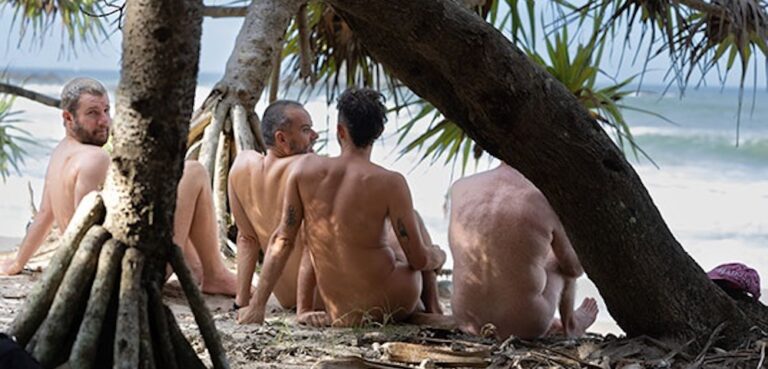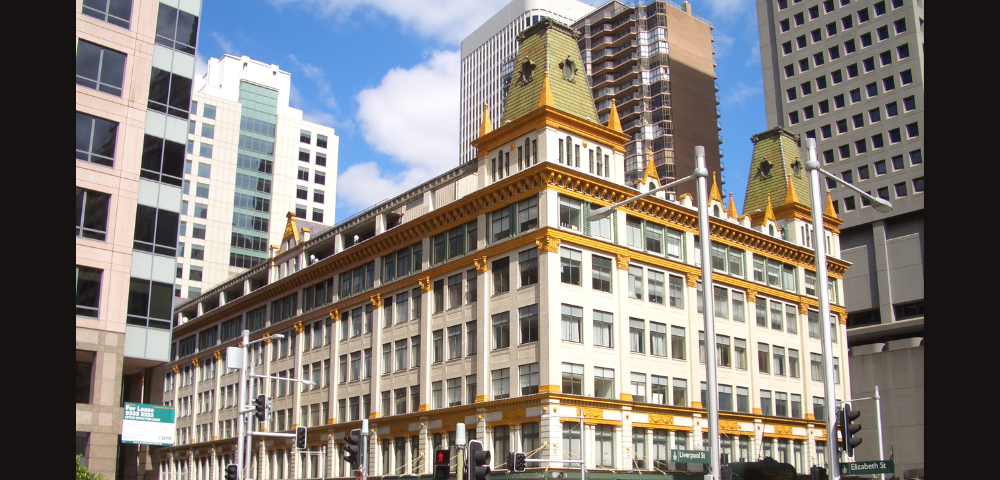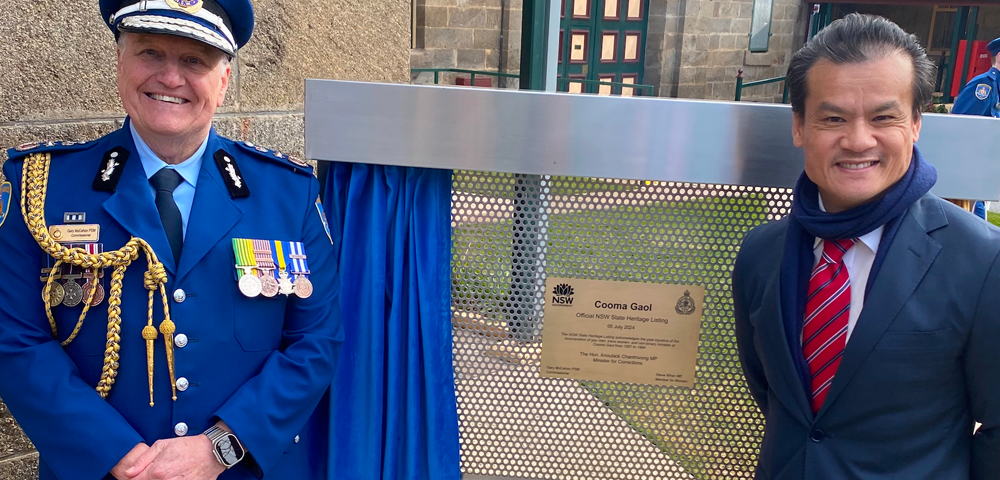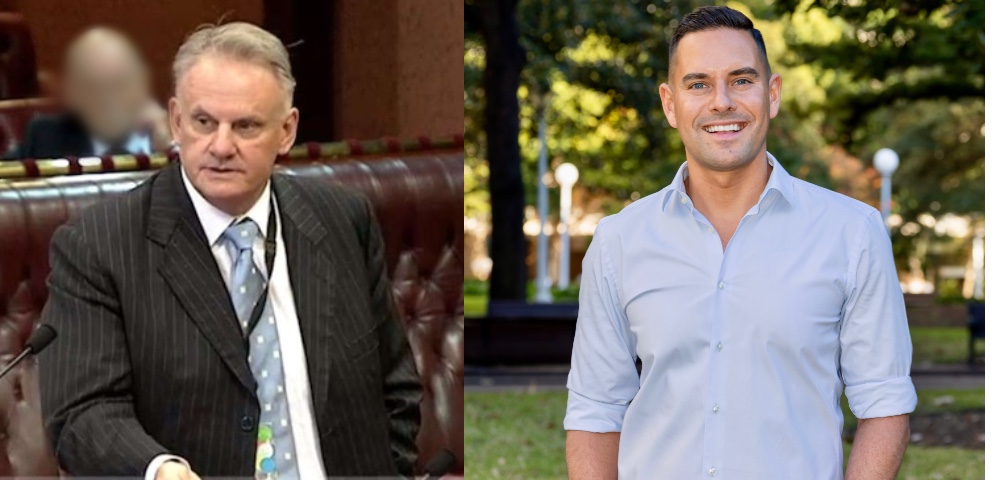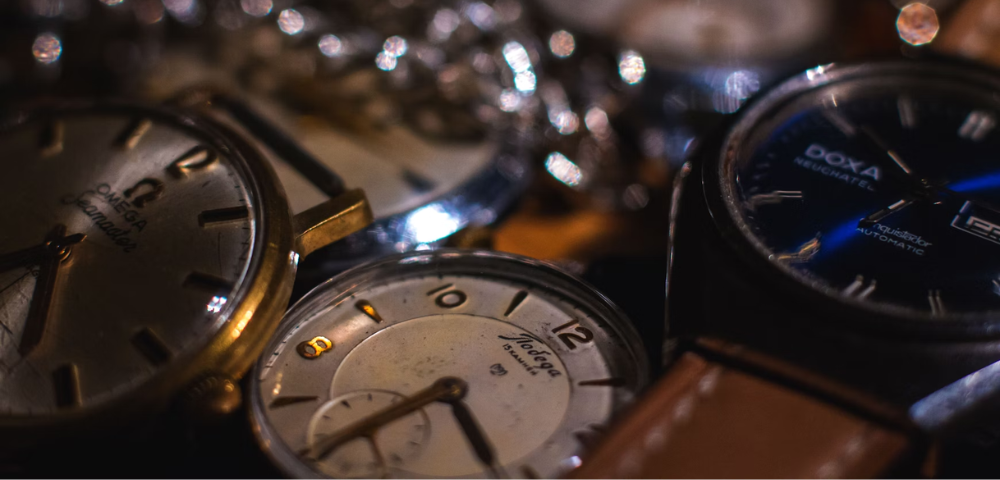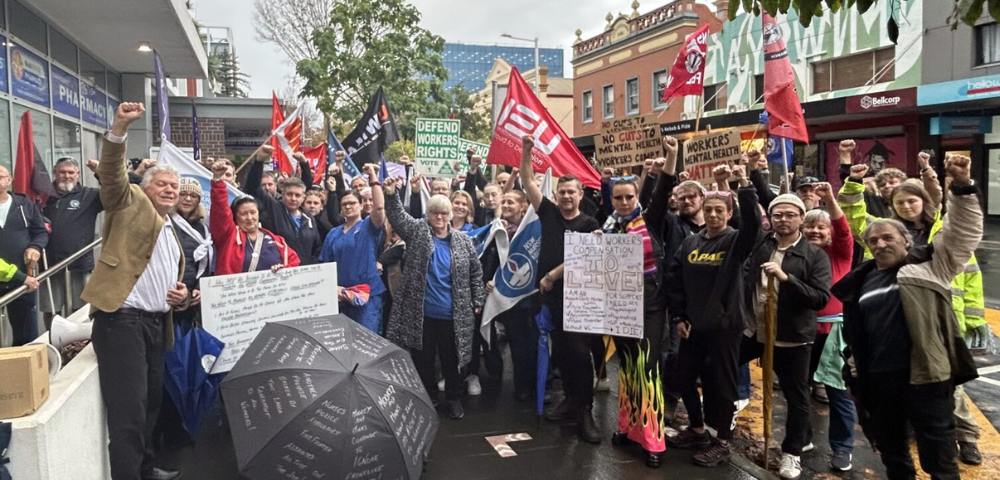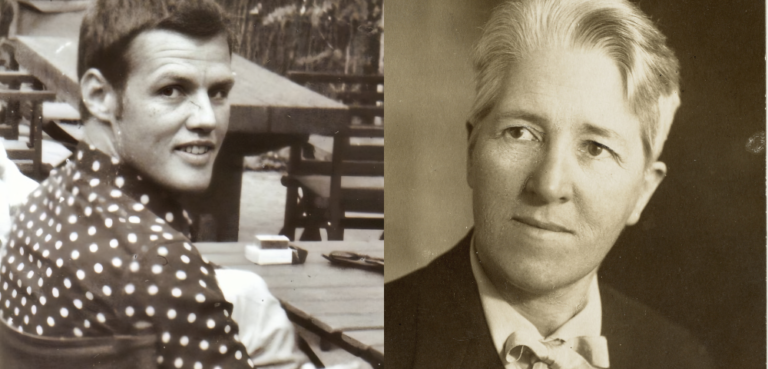
Leaky taps may drain a landlord’s wallet
A new law may see a landlord’s bill flooded with additional water usage charges.
As of January 31, all landlords must install minimum water efficiency measures in rental properties if they are to charge tenants for water usage.
The law is welcomed by the Nature Conservation Council (NCC) of NSW, who said this law forces landlords to act on reducing water waste, making changes that tenants limited by rental restrictions cannot.
CEO of NCC, Pepe Clarke, said: “As we travel around NSW engaging with local communities, time and again we meet tenants who ask us if there’s anything they can do to make their rental property more sustainable.”
However, Vice President of the Property Owners Association (POA), John Gilmovich, said the law is inefficient as the savings made by a landlord through installing the water devices could be less than the cost of installation.
“From the perspective of the landlords, [this law] means just another cost that runs into the running costs of a property,” Mr Gilmovich said.
“Some have decided to not install the devices as there are no savings to be made when the water recovery is sometimes only $30 to $40 and the cost of installation is upwards of $80.”
According to the NSW Fair Trading, for a rental property to be water efficient it must install shower heads and internal cold water taps at a maximum flow rate of nine litres per minute.
In addition, landlords must proof their houses of leaking taps if they are to avoid incurring water usage charges.
Mr Gilmovich said the law was unnecessary and on a practical level it doesn’t fare well between landlords and their tenants.
“Tenants don’t like it; they don’t want dribbling water for their shower.”
However, tenant advocate from the Tenant’s Union of NSW, Phoenix Van-Dyke, said the legislation was a positive thing for tenants.
“If the landlord chooses not to install the water saving devices, the tenant does not have to pay for water,” Ms Van-Dyke said.
On dribbling showers, Ms Van-Dyke said: “Water saving devices should not have the effect of a trickle; if they do then it becomes a repair issue and the tenant can go to the tenancy tribunal.”
By Kristie Beattie

